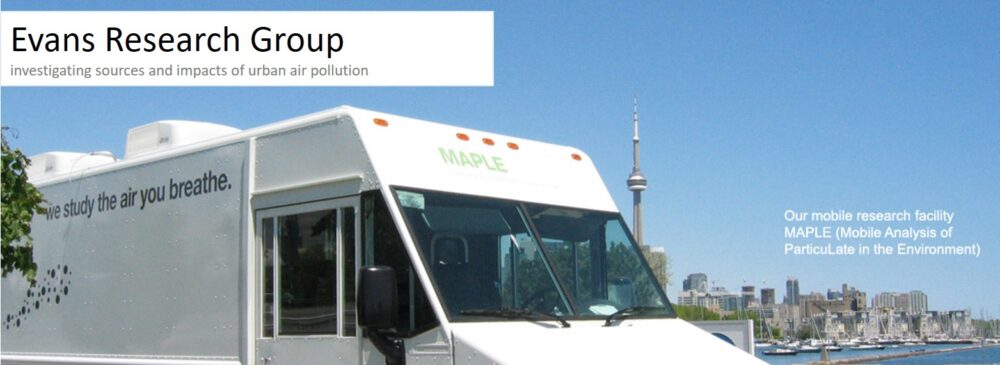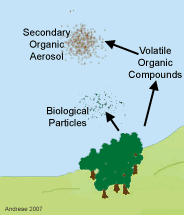In SOCAAR seminar held on April 6th Dr. Shunsuke Nakao, Assistant Professor at Clarkson University presented a theoretical framework used to study the aging of atmospheric organic aerosol.
Organic aerosol change (i.e. oxidize) as they age in the atmosphere and are nuclei for cloud formation. Having an understanding of the change in cloud condensation nuclei (CCN) activity of organic aerosol as they evolve overtime can be used to identify the impact of organic aerosol on the climate. Continue reading


